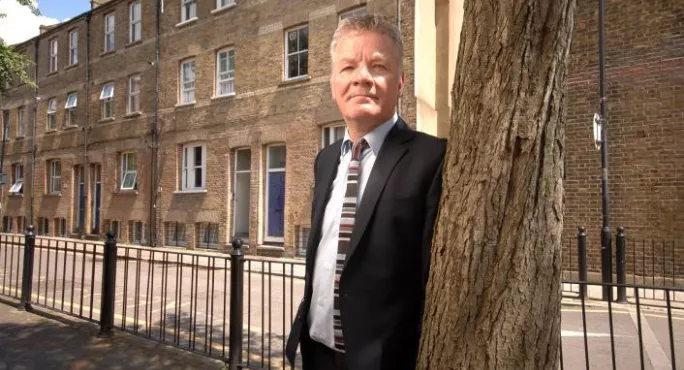The former education catch-up commissioner has criticised the delay of further recovery interventions for pupils who have missed out on schooling, as a result of the government’s spending review.
Sir Kevan Collins, who resigned from his post last month, said he was “deeply disappointed” by the slow pace of implementing proposals to address lost learning among young people during the Covid pandemic.
He told the Lords Public Services Committee: “My great concern is that people don’t quite appreciate the level of national endeavour that’s needed at the school level to do what we need to do in the next three years to recover this loss.
Covid catch-up: Sir Kevan Collins’ decision to quit ‘is a real blow’
Background: No extended school day in new £1.4bn catch-up plan
Read: Catch-up plan a ‘paltry’, ‘disappointing’ ‘damp squib’
“I think the scale is something which people haven’t yet clocked,” he added.
The Department for Education (DfE) announced an additional £1.4 billion of funding in June, on top of the £1.7 billion already pledged for catch-up, to help pupils in England make up for lost learning.
Covid catch-up: Government ‘underestimating’ the impact of the pandemic on learning
But Sir Kevan, who had been appointed by Boris Johnson to draw up an education recovery plan, had called for £15 billion to be spent over three years on measures including tutoring and longer school days.
He told peers: “That wasn’t being generous. That was quite a skinny model compared to the model of the Netherlands, which is almost twice that per child, or the United States, which, again, as always, is even more. So we thought we could do it in a very cost-effective way.”
Sir Kevan said: “We know that the greatest loss has been suffered by children who face the most disadvantage. We know there’s huge variation and one of my greatest concerns is that the legacy of Covid in educational terms will be growing inequality.”
The former education recovery tsar had recommended that schools and colleges should be funded for a flexible extension to school time - the equivalent of 30 minutes extra every day.
The government’s announcement did not include plans to lengthen the school day, but the DfE said at the time that the findings of a review of time spent in school would inform the spending review.
When asked about a possible one-year delay to further catch-up plans due to the government’s spending review cycle, Sir Kevan said: “Well, unfortunately, delay in education comes with a heavy price.”
He added: “So a good example would be if you take a child who is behind in their reading at five years old, they are seven times more likely to be behind in their maths when they’re 7 and 11 times more likely to be behind in their maths when they’re 11.
“If you take a child who gets to secondary school not reading at the level you want at secondary schools - and we think there will be more of those this year - only one in 10 of those children who were reading below the expected level of reading at secondary school go on to achieve a good clutch of five GCSEs.
“So it’s not something you can just pick up later. You get this compounding deficit, you get compensatory learning. So I was deeply disappointed we couldn’t act quickly.
“Children’s lives don’t work in the cycle of a spending review. They work in the natural lives of maturation and development, and we need to be with them, and not ask them to, if you like, dance to the tune of our timetables.”
On his recommendation to extend the school day, Sir Kevan said: “Changing the school day is this great enabler. Everybody has to be involved, you can’t tuck it in the corner and someone does the tutoring.
“So changing everybody’s day, it would be compulsory for every child, every teacher’s day could potentially be different.
“That would be the signal that we were all doing something different for the next three years as we resolve and face this issue.”
He added: “I saw this work on recovery as the biggest challenge of my professional life, and I still think we underplay and underestimate the impact this is having on children.
“There is a complacency about it that I find deeply worrying.”





